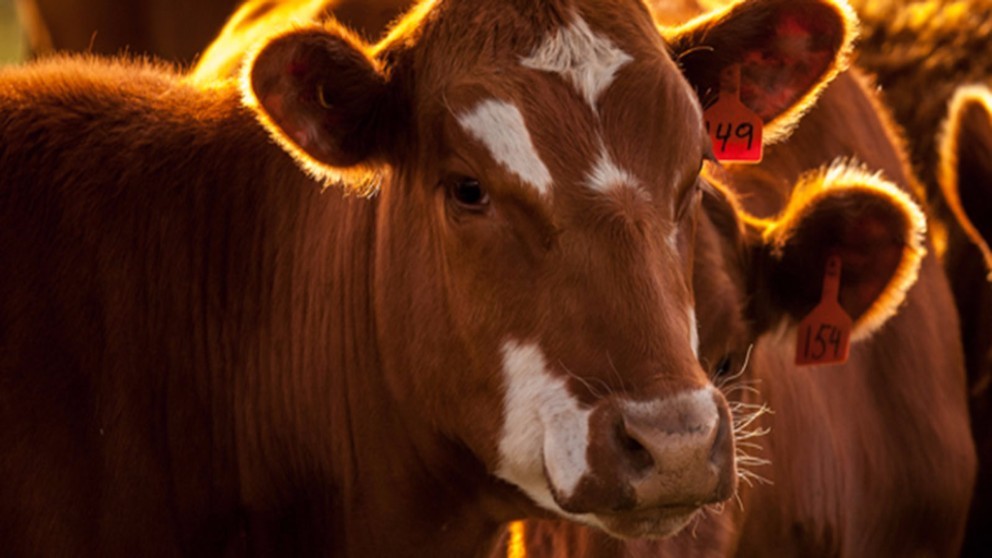FCC supports beef sustainability program

FCC has created a new offering to attract and recognize Canadian beef producers certified to sustainability standards set by the Canadian Roundtable for Sustainable Beef (CRSB).
The FCC Sustainability Incentive Program will provide a payment to FCC customers who are CRSB Certified through CRSB’s Certification Bodies including Verified Beef Production Plus, Where Food Comes From Canada, and the Ontario Corn Fed Beef Quality Assurance Program.
“Canadian producers are already expert stewards of the land and livestock, and the beef sector has been a leader in demonstrating their sustainable practices through the CRSB,” said Todd Klink, FCC’s vice-president of marketing. “We are pleased to work with the CRSB to recognize FCC customers who have already achieved their certification and to encourage additional producers to become certified.”
The payment to customers, made by FCC, will be calculated as a portion of their lending with FCC to a maximum of $2,000 per year. Certified producers are welcome to re-apply for the incentive payment each year for the life of the FCC Sustainability Incentive Program.
“While collaborating with the CRSB on this program is the first partnership of this kind, FCC has the intention of building incentive programs for other sectors in the future“
For customers who are already CRSB Certified, applying for the program is a simple process at fcc.ca/sustainabilityprograms. That is also where producers interested in becoming certified and taking advantage of the incentive payment can find more information.
“The Canadian Roundtable for Sustainable Beef applauds FCC for seeing the benefits of CRSB Certified beef production practices,” said Anne Wasko, CRSB chair and co-owner of Bar 4 Bar Land and Cattle Inc.
“The Canadian beef industry is continually evolving for the benefit of people, animals, and our planet. Thanks to the sustainable practices demonstrated by CRSB Certified beef producers, we have seen tremendous environmental stewardship and a high standard of animal care, which leads to a thriving beef industry today and for future generations. Sustainable practices will help achieve the ambitious long-term goals set by the industry,” she said.
In a group of certified beef producers who participated in an earlier pilot of the Sustainability Incentive Program there was high praise.
“This will be a great program for producers like us and for the cattle industry,” shared one FCC customer who entered the program. “We invest a lot in our operation, and it is important to be recognized with something in return.”
The CRSB certification program involves an on-going audit process with its partners to ensure operations are meeting its sustainability standards based upon five principles, including natural resources, people and community, animal health and welfare, food, and efficiency and innovation.
“There is an increasing demand from consumers for certified assurances of sustainably-raised beef,” Wasko noted. “Canadian farmers and ranchers care about the environment, and we will continue to do what’s right to conserve our land and our animals, and to meet the needs of the present without compromising those of the future.”
“FCC already has lending solutions to support our customers’ sustainable practices. Launching this program with the CRSB is another way to support the industry on its sustainability journey,” said Klink. “While collaborating with the CRSB on this program is the first partnership of this kind, FCC has the intention of building incentive programs for other sectors in the future.”
FCC is Canada’s leading agriculture and food lender, with a healthy loan portfolio of more than $44 billion.












